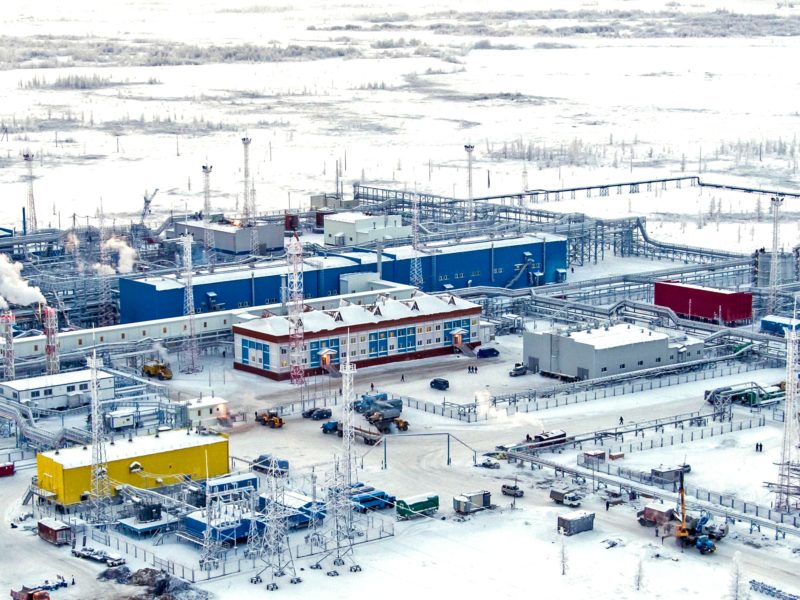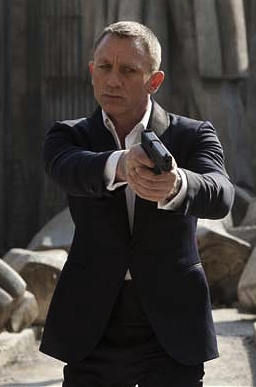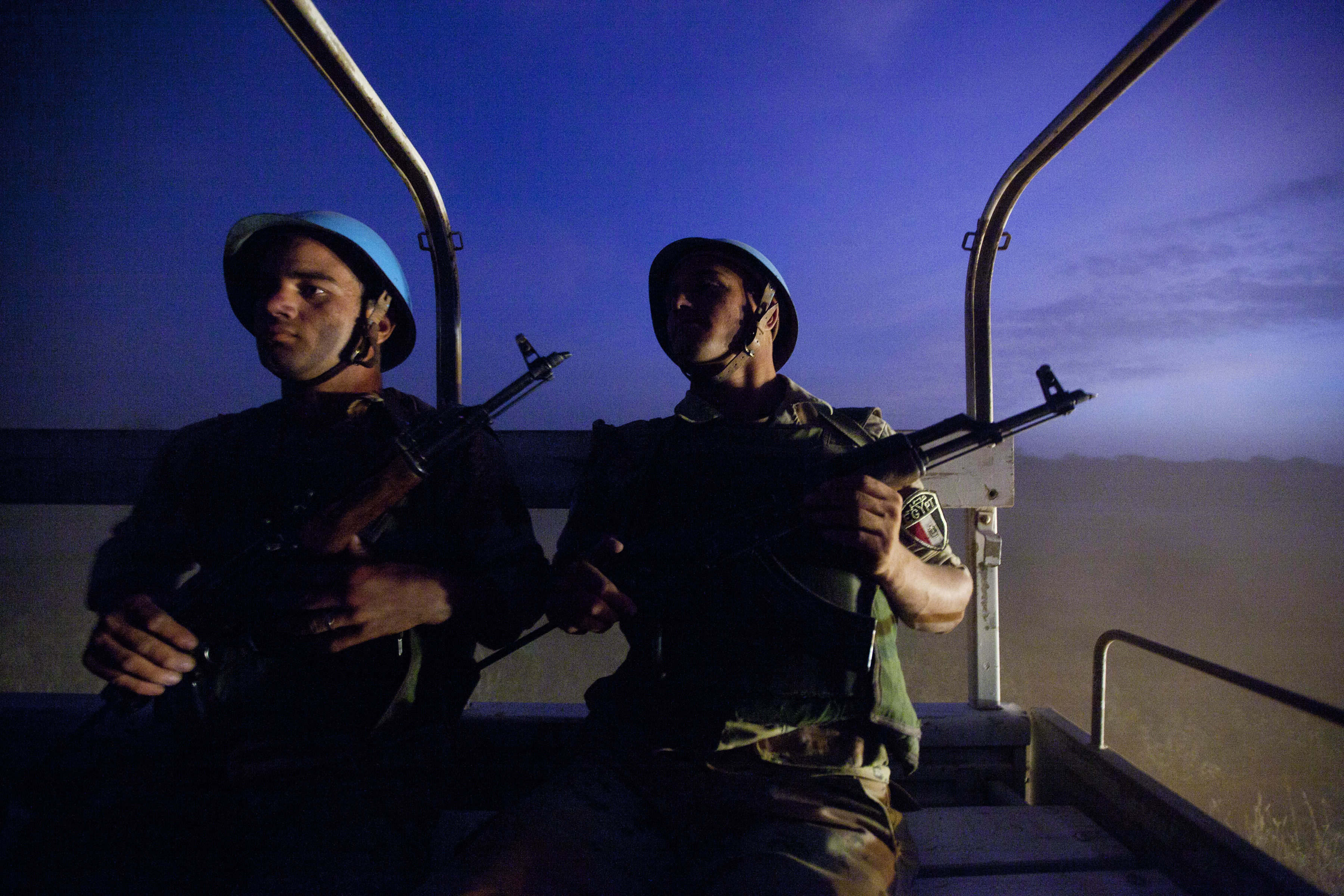Guest post by David A. Lake
The West is not imposing coercive sanctions on Russia to stop its current aggression. No one seriously expects that the sanctions will cause President Putin to withdraw from Ukraine. NATO made clear before the war that its members will not defend Ukraine with military force. The European members have also, as expected, carved out exceptions to the sanctions regime for oil and gas so as not to impose too much pain on their own economies. Putin anticipated the general scope of the sanctions likely to be imposed on Russia and decided it was worth invading Ukraine anyways. While he may have been surprised by the extent of the sanctions and unity of NATO so far, this is not enough to alter his calculus. Indeed, he is doubling down on the original plan. He also knows that he has other weapons and forms of coercion against the West up his sleeve.
Rather, we are seeing the birth of a possible Containment 2.0, a forced decoupling of Russia from the Western international economy. This is a long-term, not a short-term, strategy. The point is to undermine the Russian economy, stifle its technological progress, deny Russians a standard of living comparable to that of the West, and break support for the regime over time. In doing so, the West undermines Russia’s ability to compete militarily, aiming to forestall further Ukraines, and weakens Putin’s hand at home and abroad.
As envisioned by George Kennan after World War II, containment was a strategy to prevent any further expansion of the Soviet Union and choke the Soviet economy, which was until then one of the fastest growing countries in the world. Containment was militarized in the United States Objectives and Programs for National Security, better known as NSC 68, which was developed by the more hawkish Paul Nitze and embraced fully only with the outbreak of the Korean War. In the end, though, it was Kennan’s version of containment that over the next four decades eventually brought the Soviet Union to its knees.
Today, as frequently noted, Russia’s economy is about the size of the economy of Texas. And unlike even Texas, it cannot compete in any tech sector. It survives on exports of raw materials. Due in part to its own stifling corruption, it has been reduced to a Third World country or a “gas station” with nuclear weapons. It is still a major military power, but over the long run that power cannot be sustained without a vibrant economic base. This is especially true as the United States continues to reap the benefits of technological innovation and the “revolution in military affairs” that produces precision-guided weapons, effective missile defense systems, and more. Russia can disrupt. It cannot build. Containment 2.0 will crush the Russian economy and national spirit—if sustained.
The question for the West is whether Containment 2.0 can hold. When the war in Ukraine ends on whatever terms, will the allies maintain the sanctions over time? Containment 1.0 was a 45-year effort. Even if Russia “wins” in Ukraine, annexes the Eastern areas, and places a Russian puppet in office in Kyiv—the most likely conditions for a “victory” by Moscow—will the West continue to impose sanctions? Even more so, if Russia accepts something less than victory and withdraws leaving a neutralized Ukraine, will the West hold to the sanctions regime? The Nord Stream 2 is built and ready to be “certified” and turned on. Will Europe be willing to forego the benefits of more plentiful and cheaper natural gas? With the inevitable leakages in the financial sanctions and trade between Russia and China expanding, will US firms still give up the profits to be made by selling iPhones or internet advertising to Russian consumers?
Western leaders have done a remarkable job unifying around the current sanctions regime. What has not received sufficient attention is that this must not be a temporary effort if it is to have a real impact. Western publics need to know is that this is a long-term strategy, will take years and more likely decades to succeed, and will require continuing costs of higher prices for oil and gas and lost opportunities to sell goods and services to Russia. Sanctions today are necessary to teach Putin the lesson that aggression has costs. But to limit aggression in the future, the West must be ready for a longer campaign. If history is any lesson here, sustained containment will be difficult and require continued leadership from countries like the United States and Germany. It is not clear to me that the West is up to the task.
David A. Lake is the Jerri-Ann and Gary E. Jacobs Professor of Social Sciences and Distinguished Professor of Political Science at UC San Diego and an affiliated researcher at the UC Institute on Global Conflict and Cooperation.







1 comment
Seems to me that there is a moral and ethical issue that is being ignored under the pretext of potential nuclear disaster. If that threat stays than any expectation of peaceful co-existence is lost!